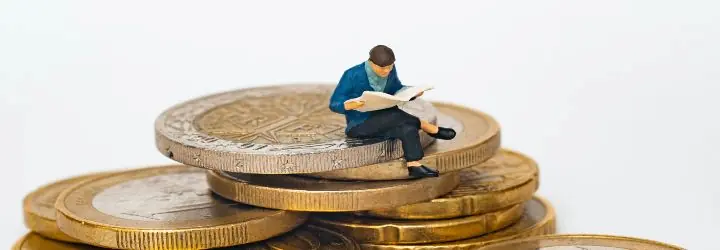How to manage your holiday money

Updated November 2017
One of the worries for many holidaymakers when travelling abroad, is how they can effectively manage their money.
There is always the concern of what happens if they run out of cash, and if an unexpected event means they have to shell out a lot of money at once. This needn't be a worry however, and by taking just a few cautionary measures you can manage your travel money safely and efficiently.
Read on for our helpful tips for handling your travel cash.
Effectively budget
The first thing you should do before you set sail, is set out a rough estimate of how much you plan to spend on your trip altogether. Having a rough figure already jotted down will mean you can better plan each of your days away. Are you planning on making any big souvenir purchases, or will you just be spending on food and drink? If you have an itinerary already planned out, this will give you a clearer idea of how much you may spend. Pre-booking and pre-paying for certain attractions is also advisable, as these then won't eat into your travel money - and you could even secure yourself a discount.
Debit cards
Most modern shops and restaurants will take debit card payments, and the majority of ATMs will accept international credit and debit cards for you to take out cash. While this can be a good way of tracking your money, and reduce the need for you to carry around large sums every day, withdrawing cash from an ATM can incur hefty charges and a pretty poor exchange rate.
There is also the chance that you could either lose or have the card stolen, which will result in having to go through the arduous cancellation process while on holiday. No doubt this is something you could do without. That's why it's advisable to only use your debit card in an emergency. Make sure you notify your bank before you go away, as it is possible that they will see your transactions as unusual behaviour, and block your card as a result.
Cash cards and traveller's cheques
Pre-paid cards and traveller's cheques are great ways to spend money abroad in a safe and efficient way. The latter has been used for a number of years; they are simply pre-printed cheques for fixed amounts, used to either pay for goods or be exchanged for cash. They can be purchased from banks, bureaux de change kiosks, and the Post Office.
They are ideal for budgeting, and mean you don't have to carry large sums of money with you. If you do want to exchange traveller's cheques for cash, you will need to find somewhere they're accepted.
Cash cards are becoming more and more popular with holidaymakers. They are simple to use and can be tailored to your needs, which is useful especially if you're visiting a number of countries with different currencies. Just load up the preferred amount of money, and get going. It is often simple to create an online account to use with these cards, which you can use to load additional funds if necessary. If you lose the card, you can usually replace it for a small amount, and if you have money left at the end of the holiday you can still use it in the UK.
Always have some spare cash
While setting out a budget is a good start to managing your travel money, you should always take just a little spare for unforeseen events. You could be visiting countries where many establishments are not able to process card payments, and ATMs could be scarce, so having a little extra currency to hand can put your mind at ease. It is advisable to store this extra money separately, ensuring you only use it in an emergency.
It can't be guaranteed that you won't encounter an occasion when you need to spend a little more than expected. It could be an additional charge at a restaurant, or even a must-have souvenir, and having a bit of currency to hand means these surprise purchases can be hassle-free.